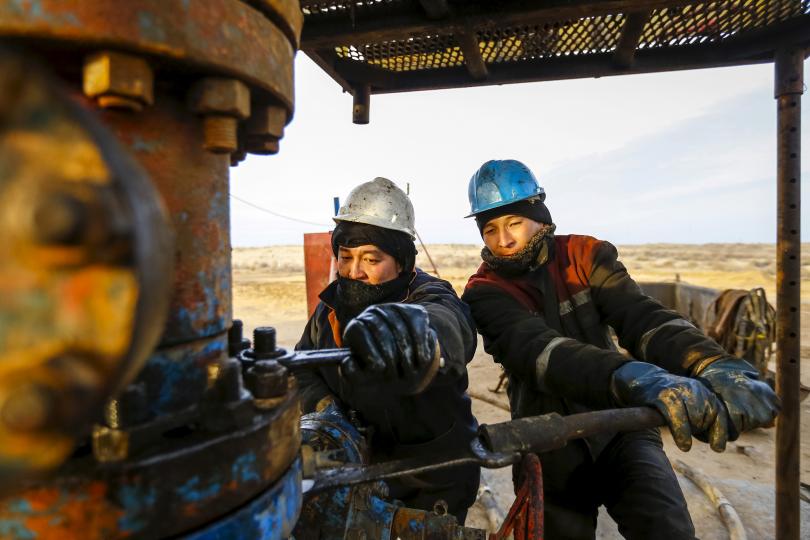 Amid the modern and futuristic landscape of Astana, Kazakhstan’s capital, and in the large city of Almaty, something rarely seen has appeared in recent weeks and months: protesters. Kazakhstan’s tenge currency was named the worst performing in the world last year, and if the first few weeks of 2016 are any indication, things are not improving for Central Asia’s largest energy exporter.
Amid the modern and futuristic landscape of Astana, Kazakhstan’s capital, and in the large city of Almaty, something rarely seen has appeared in recent weeks and months: protesters. Kazakhstan’s tenge currency was named the worst performing in the world last year, and if the first few weeks of 2016 are any indication, things are not improving for Central Asia’s largest energy exporter.
Economy
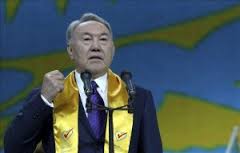 Not long ago it all looked so much better: oil prices were high, the middle classes were growing and the autocrat-father of the state, Nursultan Nazarbayev, presided over 17m grateful subjects. Yet today the situation in Kazakhstan looks more troubling than at any time since the country broke free of the Soviet Union to become, against the odds, Central Asia’s most prosperous state. To many, Mr Nazarbayev’s promise of a “Kazakh dream” now seems like a sick joke.
Not long ago it all looked so much better: oil prices were high, the middle classes were growing and the autocrat-father of the state, Nursultan Nazarbayev, presided over 17m grateful subjects. Yet today the situation in Kazakhstan looks more troubling than at any time since the country broke free of the Soviet Union to become, against the odds, Central Asia’s most prosperous state. To many, Mr Nazarbayev’s promise of a “Kazakh dream” now seems like a sick joke.
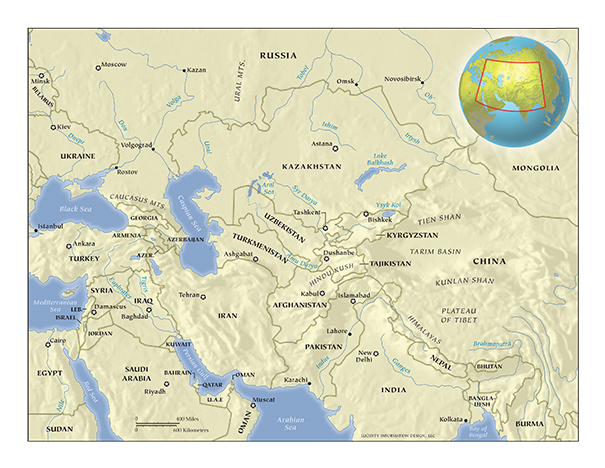 Major geopolitical shifts and internal dynamics are setting the stage for possible increased great-power competition in Central Asia between Russia and China at a time when the region is becoming less hospitable to the projection of U.S. power and to the promotion of democracy. U.S. policy will need to adapt to these changes in order to bring Washington’s ambitions in Central Asia into better alignment with limited U.S. interests and means.
Major geopolitical shifts and internal dynamics are setting the stage for possible increased great-power competition in Central Asia between Russia and China at a time when the region is becoming less hospitable to the projection of U.S. power and to the promotion of democracy. U.S. policy will need to adapt to these changes in order to bring Washington’s ambitions in Central Asia into better alignment with limited U.S. interests and means.
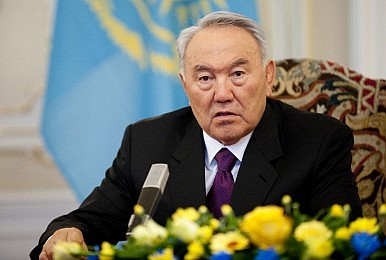 Two activists were recently jailed for “inciting national discord.”
Two activists were recently jailed for “inciting national discord.”
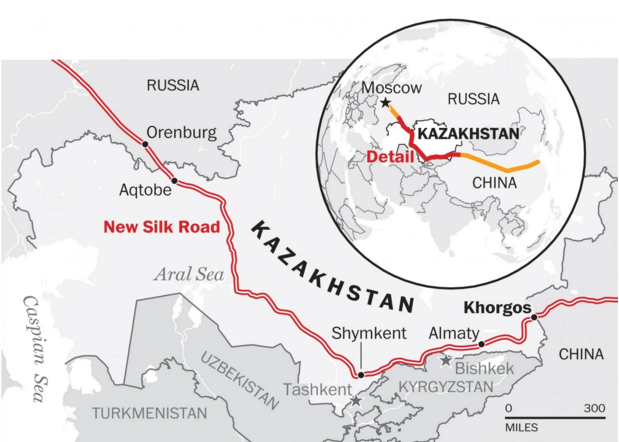 This is part of an occasional series examining China’s efforts to win friends and clients in Asia and to assert a more dominant role across the continent.
This is part of an occasional series examining China’s efforts to win friends and clients in Asia and to assert a more dominant role across the continent.
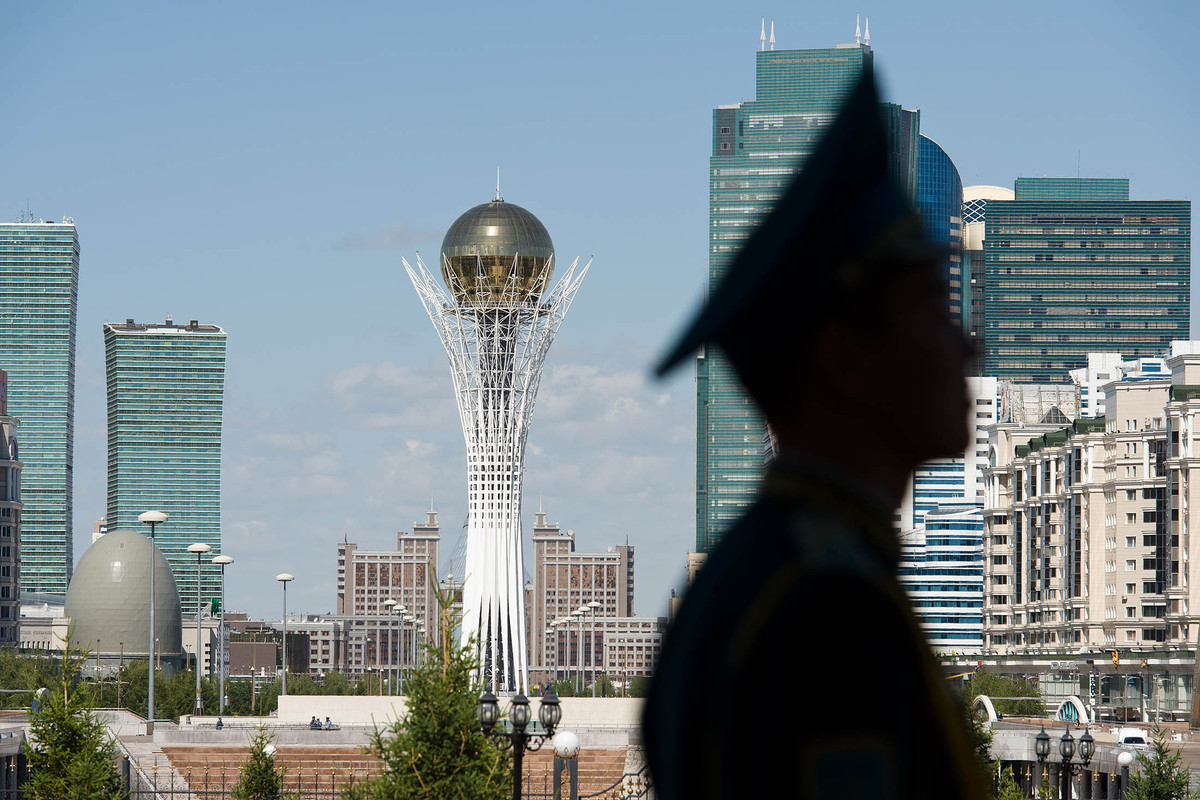 KKR & Co. founder Henry Kravis, Blackstone Group LP Chairman Stephen Schwarzman and Carlyle Group co-founder David Rubenstein were among the guests when Kazakhstan President Nursultan Nazarbayev hosted a dinner in New York.
KKR & Co. founder Henry Kravis, Blackstone Group LP Chairman Stephen Schwarzman and Carlyle Group co-founder David Rubenstein were among the guests when Kazakhstan President Nursultan Nazarbayev hosted a dinner in New York.
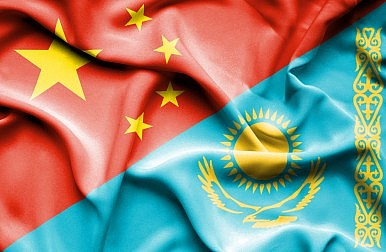 Kazakh Prime Minister Karim Massimov made the most of his trip to China this week. While in China Massimov attended the Kazakh-Chinese Business Council (KCBC) in Beijing, where a handful of commercial deals were made. He also met with his Chinese counterpart, Li Keqiang, to settle a variety of bilateral deals.
Kazakh Prime Minister Karim Massimov made the most of his trip to China this week. While in China Massimov attended the Kazakh-Chinese Business Council (KCBC) in Beijing, where a handful of commercial deals were made. He also met with his Chinese counterpart, Li Keqiang, to settle a variety of bilateral deals.
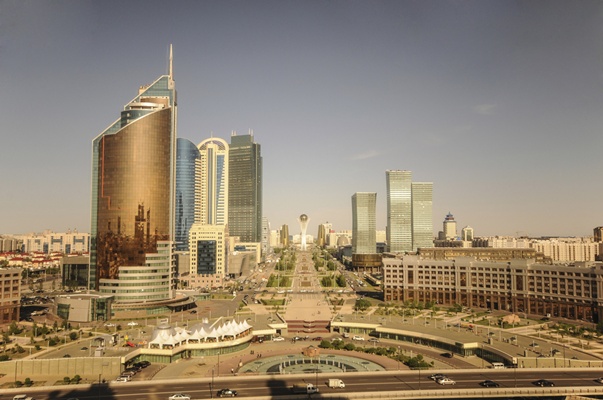 Kazakhstan said on Tuesday it would tear up its monetary policy mechanism and come up with a new approach, scrambling to find a coherent response to the sliding world oil prices that have pushed down its national currency.
Kazakhstan said on Tuesday it would tear up its monetary policy mechanism and come up with a new approach, scrambling to find a coherent response to the sliding world oil prices that have pushed down its national currency.
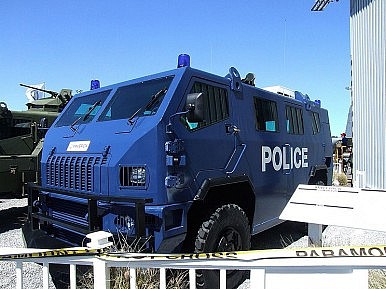 In December Kazakhstan Paramount Engineering (KPE), a joint venture between South Africa’s Paramount Group and Kazakhstan Engineering, began production at a facility to build armored vehicles in Kazakhstan.
In December Kazakhstan Paramount Engineering (KPE), a joint venture between South Africa’s Paramount Group and Kazakhstan Engineering, began production at a facility to build armored vehicles in Kazakhstan.
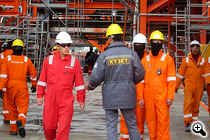 Hard times need hard labor laws. At least that is what Kazakhstan has decided. This week, President Nursultan Nazarbayev signed off on legislation that stacks the cards more strongly in favor of employers.
Hard times need hard labor laws. At least that is what Kazakhstan has decided. This week, President Nursultan Nazarbayev signed off on legislation that stacks the cards more strongly in favor of employers.

How a Chinese company exports the Great Firewall to autocratic regimes
More details
Kazakhstan diverting crude to Russia’s CPC as Azerbaijan deals with tainted oil
More details

